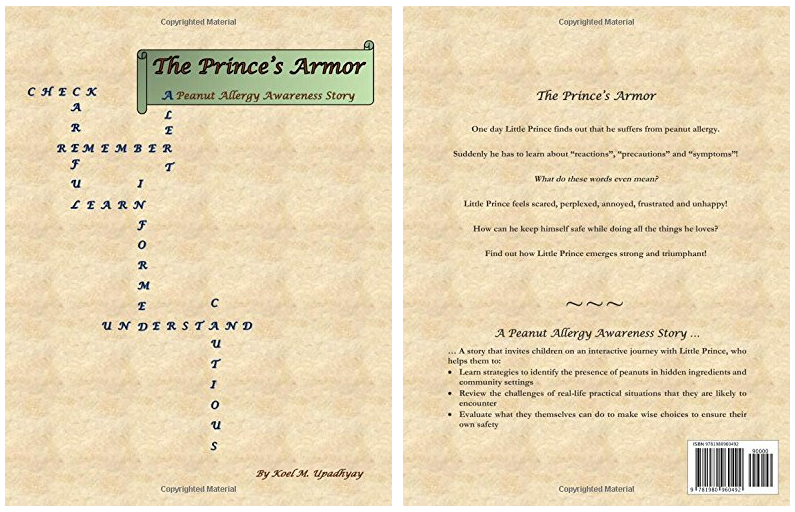Let’s be honest, we all know that person (or maybe you are blessed enough to know more than one person) who uses the term “allergy” to describe their diet even if they don’t really have an allergy. Maybe they have an intolerance, or an eating disorder, are looking for attention, trying to loose some weight or just trying to avoid a food for one reason or another. Maybe you are that person.
If you are that person, honestly I am not here to judge. I don’t need to know if you avoid the food(s) you claim your allergen(s) because it turns your poop blue or if you avoid it just to get some special attention. What I care about is your misuse of the word allergy.
The Mayo Clinic defines food allergy as, “an immune system reaction that occurs soon after eating a certain food. Even a tiny amount of the allergy-causing food can trigger signs and symptoms such as digestive problems, hives or swollen airways. In some people, a food allergy can cause severe symptoms or even a life-threatening reaction known as anaphylaxis.” Saying you are allergic to something implies you have an immune system response to your “allergen(s)” that could potentially be life-threatening.
When you tell people you are allergic and you aren’t, you undermine the severity of the term.
For example, when you demand from the waiter that they prepare your meal dairy free because of your dairy allergy as you scarf down bread and butter, you send a message to the waiter that you that people with food allergies are whiny little fakers. The waiter consciously, or subconsciously makes a note that people who claim they have food allergies might not actually have a reaction. When the same waiter then takes a real allergy customer less seriously and sends them into anaphylaxis, that is where problems come in.
The bottom line is, don’t say you have food allergies if you don’t. Here are some terms you can use instead:
- Intolerance- If your body doesn’t make the enzyme to break down a certain food. Ex: “I am intolerant to milk.”
- Vegan- if you avoid meat, eggs, milk and other animal products because you believe in being vegan. Ex: “I am vegan so I choose not to eat milk, eggs, meat or any animal products.”
- Vegetarian- if you avoid meat because you believe that is the right thing to do. Ex: “I am a vegetarian and choose not to eat meat or fish.”
- Picky- if you are a picky eater–well because you are a picky eater. Ex: “I am picky, I hope you don’t mind that I don’t eat…”
- Diet- if you are avoiding certain foods because you are on a diet to loose weight. Ex: “I am trying to shed a few pounds so I am not eating…”
- Gluten-free- if you are gluten free simply because you think it will improve your health but you are not actually intolerant to gluten or a celiac patient. Ex: “I am gluten-free so I avoid gluten but am no allergic and don’t have celiac disease.”
- Casein-Free diet- If you are on a casein free diet for reasons other than being intolerant or allergic to milk. Ex: “I am on a casein-free diet because it makes me feel better.”
- Attention Seeking- if you are avoiding foods that you don’t otherwise have a reason to avoid solely for extra attention or special treatment. Ex: “I avoid foods because I do and it is a personal problem I am working though. I ask that you don’t feed me… but I would like you to know I am not allergic.”
If you still aren’t getting the picture, maybe this will put in into perspective. Saying you have an allergy when you don’t is like saying:
- You have depression when you are just sad for one day.
- You are bipolar just because you are in a bad mood but then something suddenly makes you happy.
- You have cancer when all you have is a bruise or a headache.
It just sounds stupid and ignorant. So stop saying you have allergies when you don’t. Like any disease/condition, food allergies have a list of diagnostic criteria. If you are unsure of whether or not you have a food allergy, I urge you to see a doctor because like I said, food allergies can be life-threatening. If you have been incorrectly using the term, don’t fret, the food allergy community forgives you. No one can be expected to do something unless they have been properly educated.
Consider this your education. Now you have no excuse.
Originally published on Food Allergy Survival Guide.





COMMENTS